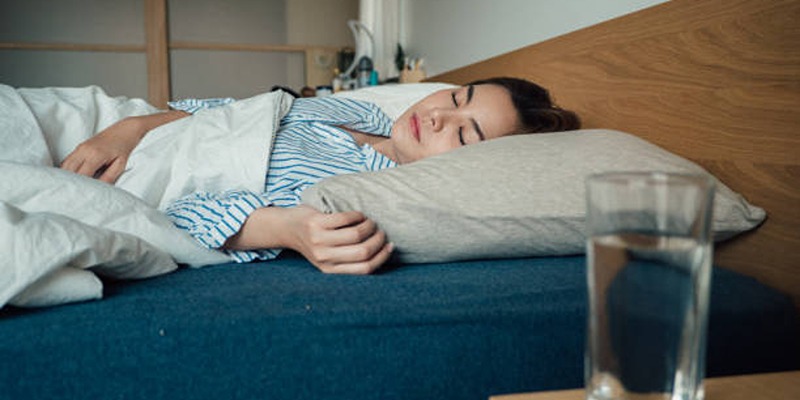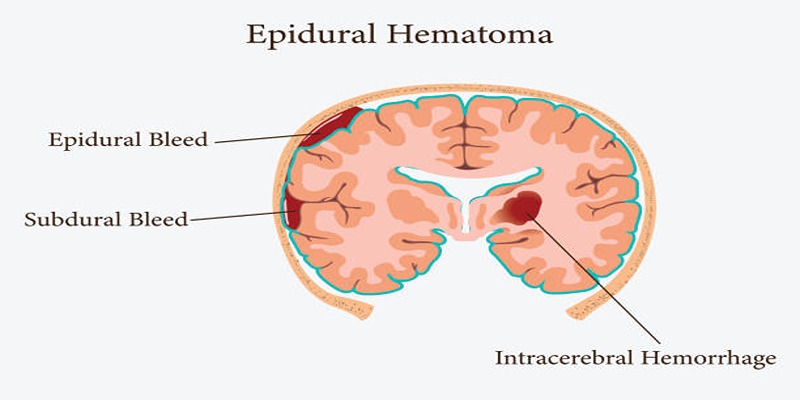Sleep is a fundamental pillar of overall well-being, influencing both physical health and mental clarity. However, achieving quality rest can be a challenge in today’s fast-paced world. By incorporating proven strategies, you can improve your sleep habits, boost energy levels, and enhance your quality of life. Explore these methods for better, restorative sleep.
1. Establish a Consistent Sleep Schedule

A consistent sleep schedule is one of the most effective methods of controlling your body's internal clock. That involves sleeping and getting up at the same hour daily, including weekends.
Why It Works:
Your body works in a 24-hour cycle which is the circadian rhythm. Irregularities in this rhythm like irregular bedtime may lead to sleep disorders and exhaustion. This way you will be able to sleep quicker and deeper by working in concordance with your internal clock.
Practical Tips:
- Choose a regular bedtime which allows you to have 7 to 9 hours of sound sleep and make sure you awake feeling fresh and energized to start off your day. Getting into a routine sleeping pattern will determine the regulation of your internal clock, and will also aid in the overall improvement of sleep quality.
- You may want to consider an alarm clock that relaxes or a wind-down reminder at least 30 minutes before your preferred sleep time. Take this as relaxation time, screen time-out, and do something calming like reading, meditating, or listening to some soft music to signal your mind and body that it is time to unwind.
- Awareness of nap schedules, especially late in the afternoon, is important. Although a short nap is healthy, napping late in the afternoon can affect your ability to sleep at night; thus, affecting your sleep cycle. Try to reserve naps in the earlier part of the day and keep them to 2030 minutes to have a healthy sleep schedule.
2. Create a Sleep-Conducive Environment
Your surroundings play a vital role in sleep quality. A quiet, cool, and dark environment supports melatonin production, a hormone responsible for inducing sleep.
Key Elements to Optimize:
- Lighting: Dim the lights an hour before bed. Use blackout curtains or an eye mask to block external light.
- Temperature: Keep the room slightly cool—around 18 to 20°C is ideal.
- Noise: Use earplugs or a white noise machine to eliminate distractions.
- Bedding: Invest in a comfortable mattress and pillow that support proper spinal alignment.
Avoid using your bed for work or entertainment. Your mind should associate the bed only with sleep and rest.
3. Limit Screen Exposure Before Bed
Electronic devices emit blue light, which suppresses melatonin and disrupts the sleep-wake cycle. Consuming content or working on screens also stimulates the brain, making it harder to relax.
How to Address It:
- Turn off all screens—phones, laptops, tablets—at least 60 minutes before bed.
- If screen use is unavoidable, activate “night mode” or use blue-light filtering glasses.
- Replace screen time with calming alternatives like reading a physical book or journaling.
Establishing a digital curfew helps signal to your brain that it’s time to transition into rest mode.
4. Practice a Calming Pre-Sleep Routine
Engaging in a consistent, peaceful routine before bed tells your body that sleep is approaching. This helps reduce tension, quiet mental chatter, and improve sleep quality.
Suggested Activities:
- Gentle Stretching: Engaging in light stretches or yoga poses can help ease physical tension accumulated throughout the day. Stretching relaxes tight muscles, improves blood circulation, and helps signal to your body that it’s time to wind down.
- Breathing Exercises: Slow, deep breaths have a direct impact on calming the nervous system and lowering your heart rate. Techniques such as diaphragmatic breathing or the 4-7-8 method (inhaling for 4 seconds, holding for 7 seconds, and exhaling for 8 seconds) can help reduce stress and prepare your body for rest.
- Mindfulness or Meditation: Taking even just 5 to 10 minutes to sit in stillness can work wonders for relaxation. Practices like mindfulness or guided meditation encourage you to focus on the present moment, helping to quiet a racing mind and reduce anxiety.
- Warm Shower or Bath: A warm shower or bath can be incredibly soothing before bedtime. The heat helps relax your muscles and ease tension. Interestingly, as your body cools down after the shower or bath, it triggers a natural drop in core temperature, promoting better sleep quality.
The key is consistency. Performing the same sequence of relaxing activities each night builds a psychological association between these actions and sleep.
5. Watch Your Evening Habits and Diet

Your evening lifestyle choices have a significant impact on your sleep cycle. Stimulants, heavy meals, and even excessive liquids can disrupt your ability to fall asleep or stay asleep.
Key Guidelines:
- Avoid stimulants: Stimulants like caffeine can significantly impact your ability to fall and stay asleep. Beverages such as coffee, tea, energy drinks, and even some sodas contain caffeine, which can remain in your system for hours, making it harder to relax at night.
- Eat light and early: What and when you eat before bed can greatly affect your sleep quality. Heavy, greasy, spicy, or large meals can lead to discomfort, indigestion, or acid reflux, all of which can disrupt your sleep cycle. Aim for lighter, easier-to-digest dinners that won’t leave you feeling sluggish or uncomfortable.
- Limit fluids: Staying hydrated is essential for your health, but consuming a large amount of liquids in the evening can disrupt your sleep. Excessive fluid intake close to bedtime may lead to frequent bathroom trips during the night, breaking your sleep and leaving you feeling less rested in the morning.
Simple, mindful adjustments in your evening habits can lead to a more uninterrupted and restorative sleep cycle.
Connection Between Sleep and Overall Well-Being:
Quality sleep is closely tied to nearly every aspect of health—mental, physical, and emotional. Individuals who consistently sleep well often report:
- Experience enhanced memory and improved concentration, helping you stay sharp and focused throughout the day.
- Enjoy greater mood stability, allowing you to navigate emotional ups and downs with ease and resilience.
- Benefit from lower stress levels, enabling a calmer and more balanced mindset in the face of daily challenges.
- Strengthen your immune response, giving your body the tools it needs to fight off illnesses and stay healthy.
- Boost your productivity and decision-making abilities, empowering you to tackle tasks efficiently and make smarter choices.
- Reduce the risk of chronic health conditions, supporting a longer, healthier, and more fulfilling life.
When sleep is neglected, it can have a ripple effect, leading to irritability, lowered immunity, impaired focus, and reduced motivation. By investing in sleep, you're investing in the foundation of your well-being.
Conclusion:
Sleep is not a luxury—it’s a non-negotiable pillar of health. These five strategies—keeping a consistent schedule, optimizing your environment, reducing screen time, following a calming bedtime routine, and adjusting your evening habits—offer practical, natural ways to enhance your sleep quality. They require no expensive products or drastic changes, only mindful choices and consistent effort. Prioritize your rest as you would any other essential aspect of health. Small changes, when practiced daily, can yield life-changing results.












